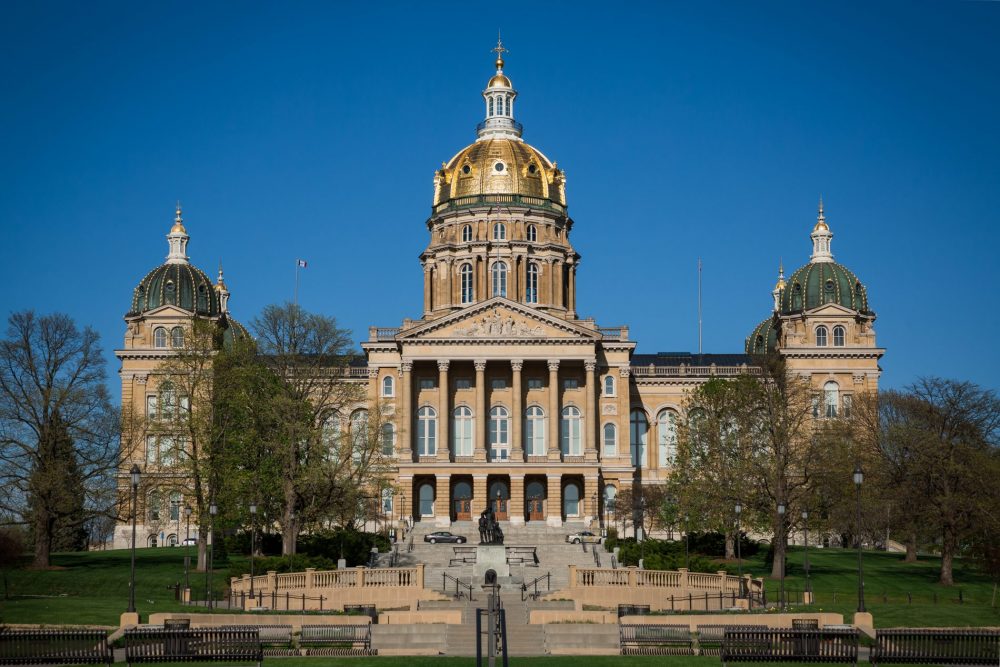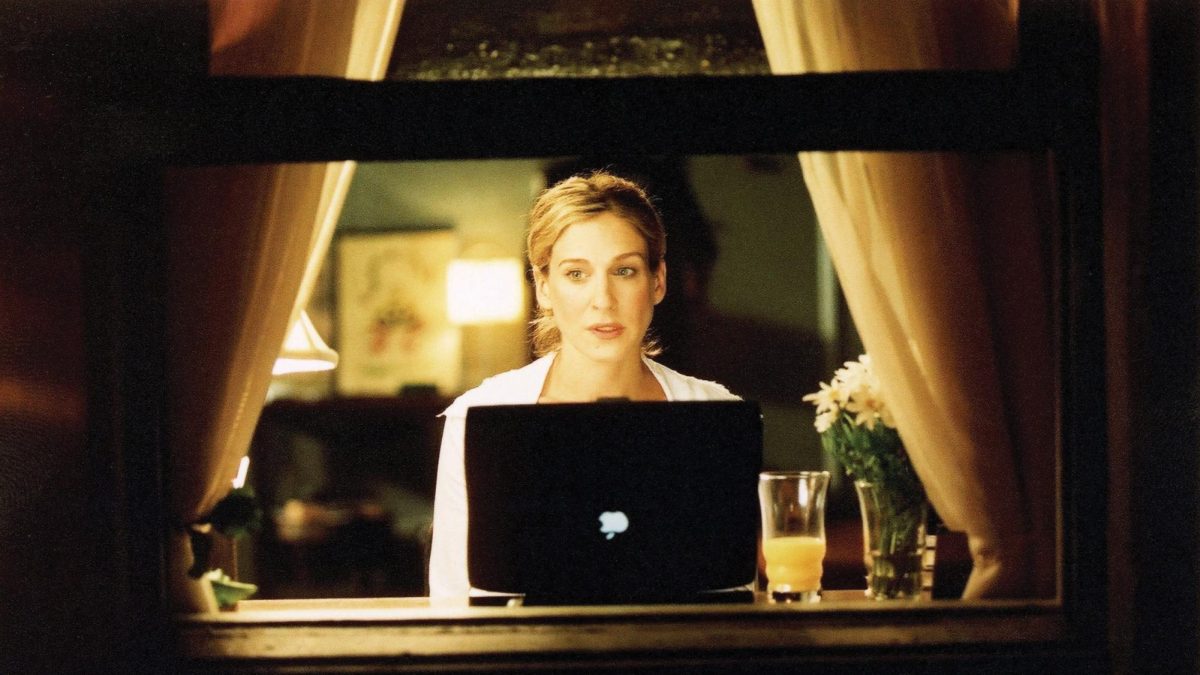On the Monday of finals week last semester, history was nearly made by the Cedar Falls City Council. By a single vote, 4-3, the City Council voted not to decriminalize marijuana possession in Cedar Falls, a measure that would have been the first of it’s kind in Iowa. This idea was originally brought before the council by Councilman Nick Taiber, a rare example of a public servant with a sharp mind and a spine to match. Taiber, among others, is concerned by the racial disparity of marijuana related arrests, as well as the repercussions of those arrests. Taiber’s proposal takes advantage of the City’s ability to direct the enforcement of laws in specific areas. In the past, this might have meant focusing on property crimes or enforcing rental property law more strictly, but Taiber’s proposal would direct the Cedar Falls police to refrain from making marijuana related arrests and focus instead on crime that actually hurts the community.
Taiber was joined by retired UNI political science professor Allen Hays, who addressed the City Council on Dec. 15. Hays repeated what many in Iowa and around the country have been saying for years: the prohibition of marijuana is based on ignorance, unsound misconceptions and a denial of medical evidence. Hays, a member of the community group Cedar Valley Citizens for Undoing Racism, also pointed out that the ACLU ranked Iowa worst in the country in terms of racial disparity of arrests. It’s no question that elements of the marijuana prohibition in fact target racial minorities, evidenced by a disparity in conviction rates. Hays was quoted in the Courier, “It’s hard for some of us in the majority to admit this, but drug enforcement grossly disproportionately targets African-Americans and other people of color. It has a devastating impact on their communities.”
Had the City Council voted for this resolution, it would have been a signal to the community and to the state of Iowa that Cedar Falls is a progressive community more focused on improving the lives of its citizens.
While Blackhawk county authorities would not be subject to the resolution and would still make arrests, the main change in Cedar Falls would be that less lives would be destroyed in our senseless “War on Drugs.” Rather than using fear and intimidation to enforce order, this ordinance would recognize that we reduce violent crime and hard drug abuse not through incarceration, but through community building and education.
While naysayers would say that Cedar Falls would be endorsing drug abuse, in fact the proposal the City voted on would simply turn a marijuana-related violation from a serious misdemeanor to a small infraction on the order of a parking ticket. Sadly, Cedar Falls would not turn into some kind of drug-mecca overnight. It would still be in the power of the UNI to prohibit marijuana on campus, and it wouldn’t legalize the sale of marijuana itself. Rather, Cedar Falls would simply have less people needlessly thrown in jail than we did last year. Lives and families destroyed by marijuana convictions would instead go on living their lives to their full potential.
The attitude of the Council members who voted against the resolution show the success of the War on Drug’s campaign to spread ignorance and fear. Councilman Joan Runchey, up for reelection in the fall, said that “I think this is the stupidest thing we have spent time on in a long time.” Considering the recent city council debates on roundabouts, the needless destruction of the lives of many young, mostly minority people demands attention and serious discussion. I applaud public servants like Councilman Taiber for having the guts to speak up about a controversial issue and advocate for sensible governance. It takes guts to advocate for real change, and Taiber deserves our help and support.
The four members who voted against the resolution, Runchey, Susan deBuhr, James Stichter and David Weiland are up for reelection in the next city election cycle this fall. UNI students and community members: hold them accountable! With the measure failing only 4-3, the historically low-drama city elections could be a referendum on the City’s inaction on this very issue.
If this is an issue you care about, real change at our local level is possible. Very rarely do the gears of democracy work so neatly on the local level, and I strongly urge the Cedar Falls community to think hard about what issues they think are important to the city in the next election.







